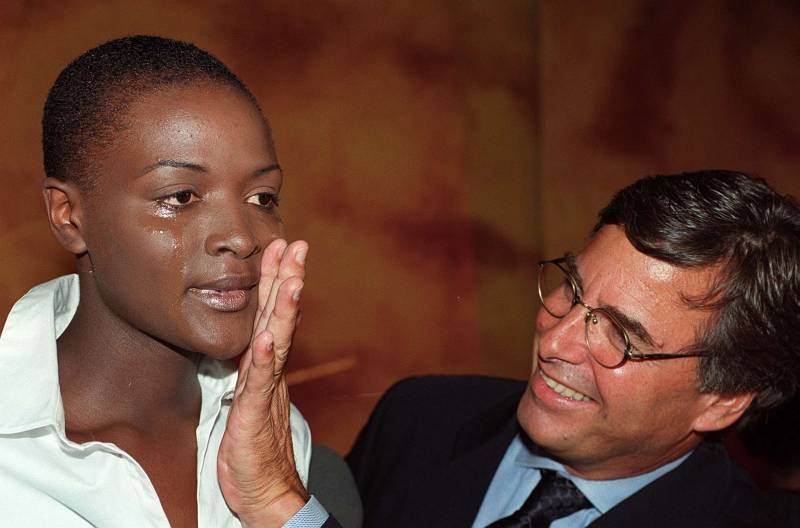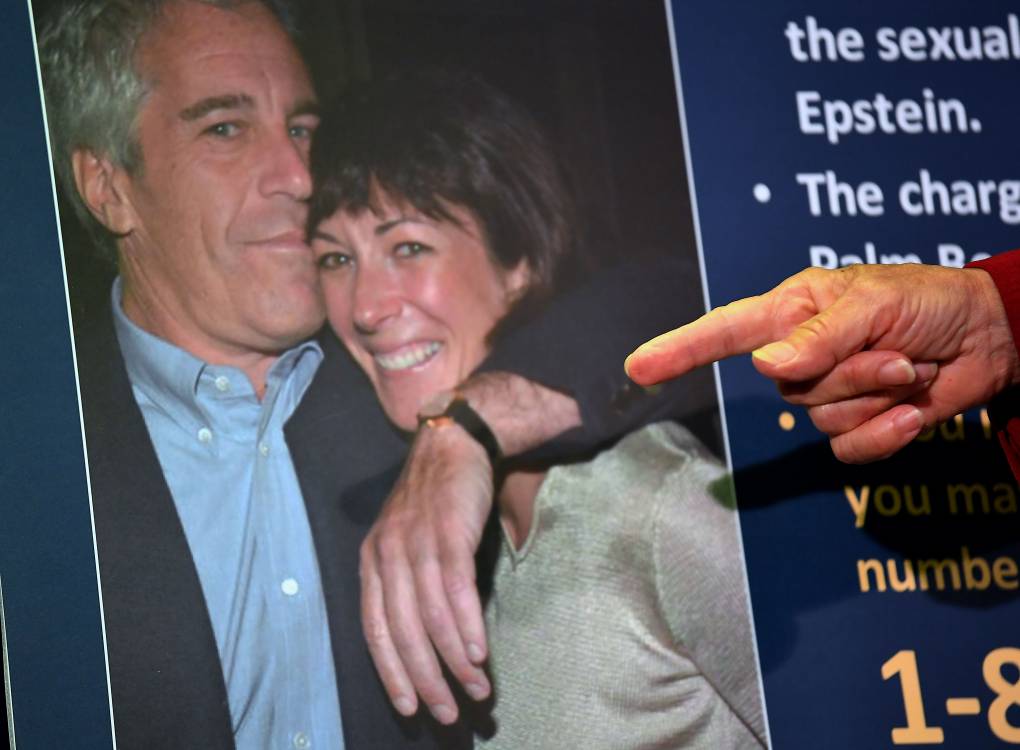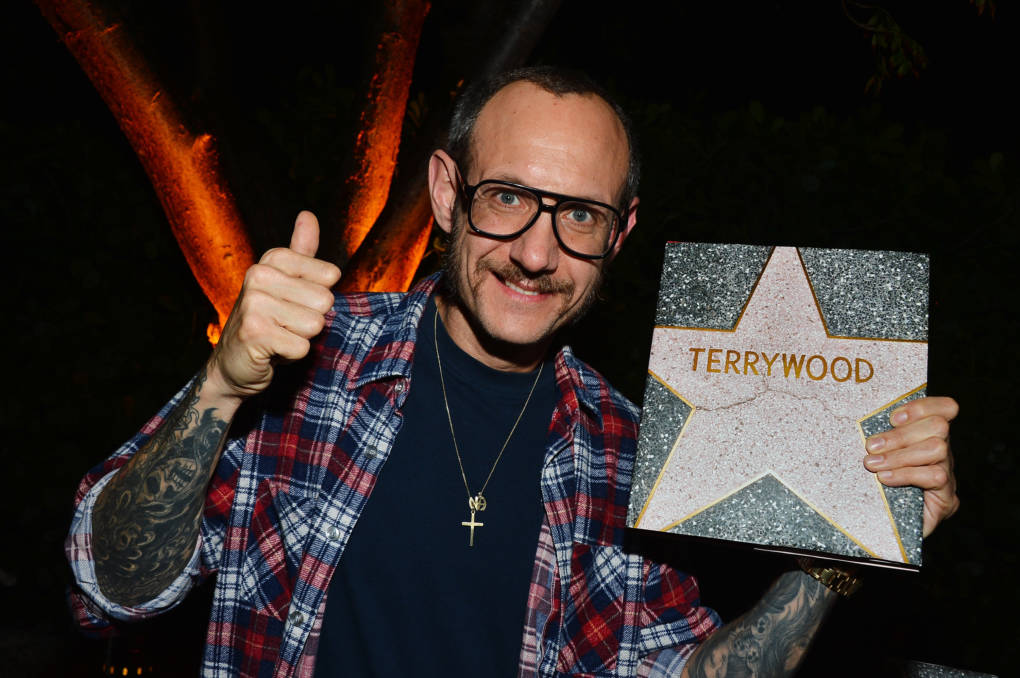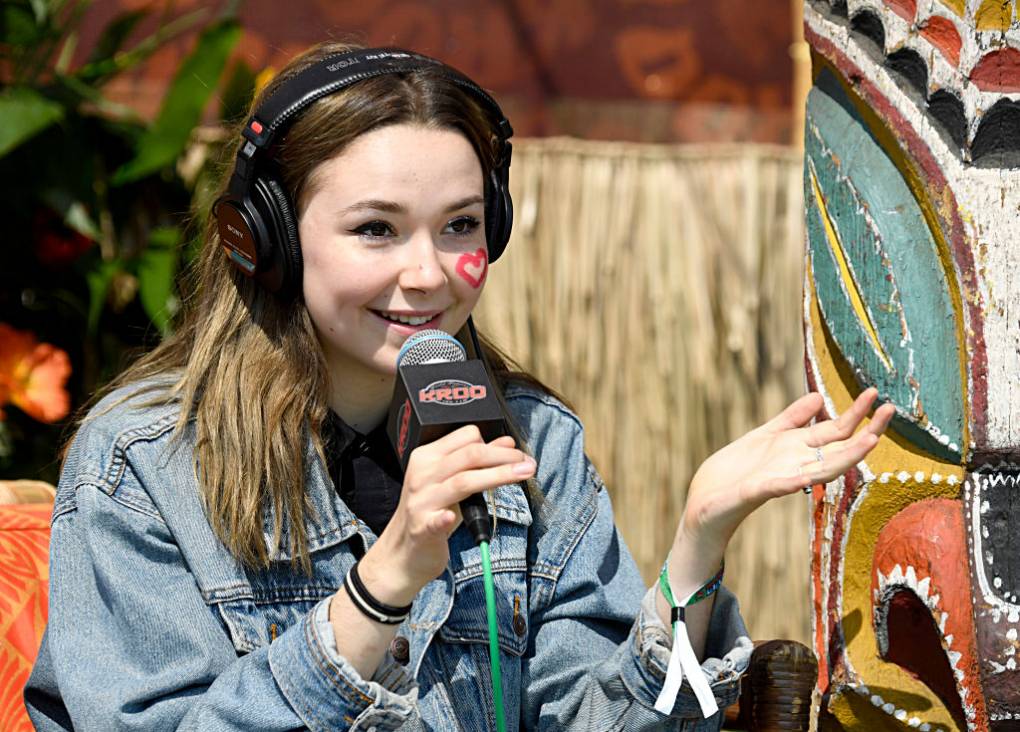On Sept. 21, a former president of Elite Model Management was formally accused by four women of sexual assault. Gérald Marie ran the European arm of Elite for 25 years. Now three models—Carré Otis, Jill Dodd and Ebba Karlsson—along with journalist Lisa Brinkworth, have filed legal papers against Marie in Paris. Marie has “categorically” denied the accusations but, like Harvey Weinstein and Bill Cosby before him, rumors across his industry have painted him as a predator for decades.
Dodd wrote about being raped by Marie in her 2017 memoir, The Currency of Love. Otis made similar allegations in her 2011 autobiography, Beauty Disrupted, about events she said took place when she was 17. The detail she offered was harrowing. More recently, Otis told Lisa Brinkworth in The Times that, “The abuse was part of what was expected on the set from agents, photographers, stylists. If you don’t comply, you don’t work.”
In fact, looking at incidents reported by models and in the press as far back as the ’80s, an unhappy truth emerges: Marie is not an outlier in the industry. He is just one of several modeling executives to routinely appear connected to stories that involve inappropriate objectification at best, and sexual harassment and assault at worst.
An echo of Otis’ sentiment was expressed in 1988 during an episode of 60 Minutes, titled “American Girls in Paris.” In it, multiple models described exploitative and dangerous working conditions. One casually stated: “You’re there for the purpose of someone wanting to take you home to bed. [If you say no], you don’t work.” In the show, French agents including Claude Haddad from the Ford Agency and Jean-Luc Brunel of Karin Models were accused of sexual harassment and assault.






